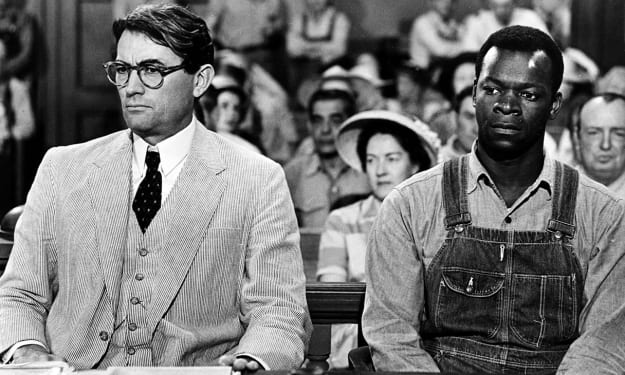Memento (2000)
1001 Movies to See Before You Die (Schneider, J.S, Smith, I.H)

In this article, we will be looking at 2019’s book “1001 Movies to See Before You Die” and going through each film in a random order that I have chosen. We will be looking at what constitutes this film to be on the list and whether I think this film deserves to be here at all. I want to make perfectly clear that I won’t be revealing details from this book such as analyses by film reporters who have written about the film in question, so if you want the book itself you’ll have to buy it. But I will be covering the book’s suggestions on which films should be your top priority. I wouldn’t doubt for a second that everyone reading this article has probably watched many of these movies anyway. But we are just here to have a bit of fun. We’re going to not just look at whether it should be on this list but we’re also going to look at why the film has such a legacy at all. Remember, this is the 2019 version of the book and so, films like “Joker” will not be featured in this book and any film that came out in 2020 (and if we get there, in 2021). So strap in and if you have your own suggestions then don’t hesitate to email me using the address in my bio. Let’s get on with it then.
Memento (2000) dir. by Christopher Nolan
I actually remember hearing the news that Christopher Nolan's amazing film "Memento" (2000) had been interred into the National Film Registry in the Library of Congress in 2017 and I was honestly shocked. I was shocked that it had not happened earlier. It was an amazing film that I watched when I was quite a bit younger, possibly at about thirteen or fourteen and I am not going to lie to you, it took me a few watches to actually get it.
"Memento" (2000) premiered at the 57th Venice Film Festival and released on March 16th of the following year in the USA. With a budget of four and a half million dollars, it went on to make almost forty million dollars, which is not that great but is not that bad either considering the profit margins. It is still considered a Box Office success even though nowadays, it would not be if it were released today.

I personally loved the Rotten Tomatoes Critics' Consensus on the film on which it gained all-round positive reviews: "Christopher Nolan skilfully guides the audience through Memento's fractured narrative, seeping his film in existential dread."
James Berardinelli lauded the film with applause, stating that "Memento" was "...endlessly fascinating, wonderfully open-ended motion picture [that] will be remembered by many who see it as one of the best films of the year."
Roger Ebert thought that the film was very good, but be that as it may, it did not need you to see it more than once or twice. I would beg to differ because I had to watch this film at least three times before I actually understood what was going on at all. Here is what he had to say: "Greater understanding helped on the plot level, but didn't enrich the viewing experience. Confusion is the state we are intended to be in."
Recently, I found out that even scientists got in on the film, looking at the neurological problem that the main character is plagued with by living in the 'perpetual present'. Here is what the British Medical Journal had to say about the film's use of these characters with clear neurological issues:
"The overwhelming majority of amnesic characters in films bear little relation to any neurological or psychiatric realities of memory loss. ... Apparently inspired partly by the neuropsychological studies of the famous patient HM (who developed severe anterograde memory impairment after neurosurgery to control his epileptic seizures) and the temporal lobe amnesic syndrome, the film documents the difficulties faced by Leonard, who develops a severe anterograde amnesia after an attack in which his wife is killed. Unlike in most films in this genre, this amnesic character retains his identity, has little retrograde amnesia, and shows several of the severe everyday memory difficulties associated with the disorder. The fragmented, almost mosaic quality to the sequence of scenes in the film also reflects the 'perpetual present' nature of the syndrome."
Isn't that amazing?
About the Creator
Annie Kapur
200K+ Reads on Vocal.
English Lecturer
🎓Literature & Writing (B.A)
🎓Film & Writing (M.A)
🎓Secondary English Education (PgDipEd) (QTS)
📍Birmingham, UK






Comments
There are no comments for this story
Be the first to respond and start the conversation.